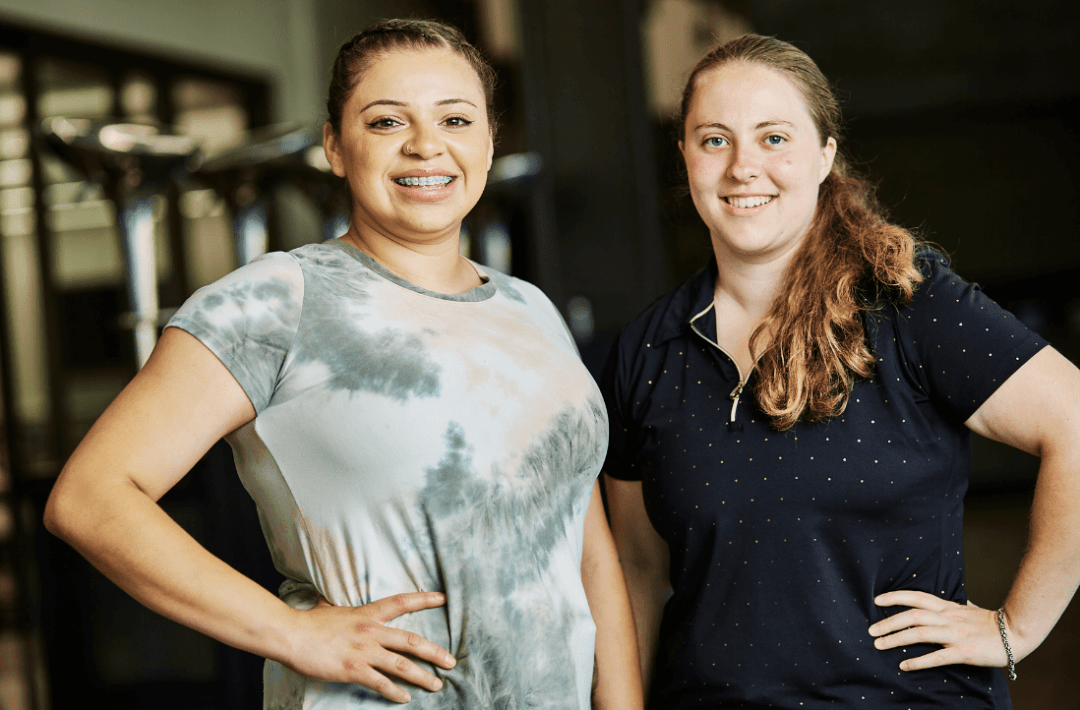National program brings undergrads to MSU for summer of research experience

When Helen Wilson was looking for an opportunity to get hands-on research experience over the summer, she cast a wide net with her search. Ultimately, a desire to advance the science of neurodegenerative diseases like Alzheimer’s, along with the opportunity to hike and camp in the mountains, drew her to Montana State University.
MSU is known for encouraging undergraduate immersion in scientific discovery. The university dedicated 2019-20 as its Year of Undergraduate Research, and this past March, MSU announced another four recipients of the Goldwater Scholarship, the nation’s premiere scholarship for undergraduates in STEM fields, bringing MSU’s Goldwater total to 82. Now, that scientific immersion continues courtesy of the National Science Foundation’s Research Experience for Undergraduates program.
“It’s been a really great experience,” said Wilson, a senior majoring in biomedical engineering at the University of Delaware. “As I’m looking ahead and considering grad school, I wanted to see how research works at another university, and this has been a great fit.”
Like the hundreds of other universities that participate in the 10-week summer program, MSU pairs faculty researchers with students who apply from around the country. Students get a living stipend and are reimbursed for travel through funding from NSF. In exchange, they help faculty with work in the lab or the field, a valuable opportunity to familiarize themselves with the research process.
MSU runs six REU programs in the Norm Asbjornson College of Engineering and the College of Letters and Science, including the one Wilson is part of in the Department of Electrical and Computer Engineering. Each program hosts about 10 students, for a total of roughly 60 participants each summer. And the Center for Biofilm Engineering and the Thermal Biology Institute at MSU recently received a $400,000 grant from the NSF to start a new REU this summer that involves studying life in extreme environments like the hot springs of Yellowstone National Park.
Wilson was selected to work with electrical engineering professor Anja Kunze, whose research focuses on understanding the complex electrochemistry of the brain and developing new treatments for brain disorders. Wilson’s summer task is to help develop a device that can filter out vesicles, tiny sacs that transport matter within and among cells and are thought to act as indicators of certain diseases, according to their size. The project involves designing and fabricating networks of tiny channels made of silicone on glass slides. “This is different than anything I’ve done before,” she said.
According to electrical engineering professor Kevin Repasky, who coordinates the department’s REU, exposing the participants to something new is one of the central goals of the program. “For a lot of students, this is their first time doing research,” he said. “It’s giving them a sense of what research is all about.”
Research, Repasky said, is the foundation of innovation in fields as diverse and important as next-generation energy resources, national security and medicine. “All of those require skilled people, a strong and diverse workforce. These REU programs are meant to start students down that road of becoming leaders in these fields that are crucial for the country."
Nationally, the REU program offers students a much wider range of research options than might be available at their home universities. That’s as true for the many MSU students who participate in REUs around the country as it was for Lupe Serrano-Gaines, who came to Bozeman this summer from the University of Texas at San Antonio.
Working with Bradley Whitaker, assistant professor in the electrical and computer engineering department, as well as collaborators at Billings Clinic, Serrano-Gaines is helping develop a computer program that can predict future rates of COVID-19 infection in communities based on current reported cases.
“Programming is something I’ve always been interested in, and this has been a great way to get that experience,” said 28-year-old Serrano-Gaines, a Navy veteran majoring in chemical engineering. “It’s giving me more diverse skills that I can take to a job.”
Serrano-Gaines said she would recommend the REU program to any student who is interested in research, especially if they’re considering graduate school and are curious what that’s like. "It's an amazing opportunity,” she said.